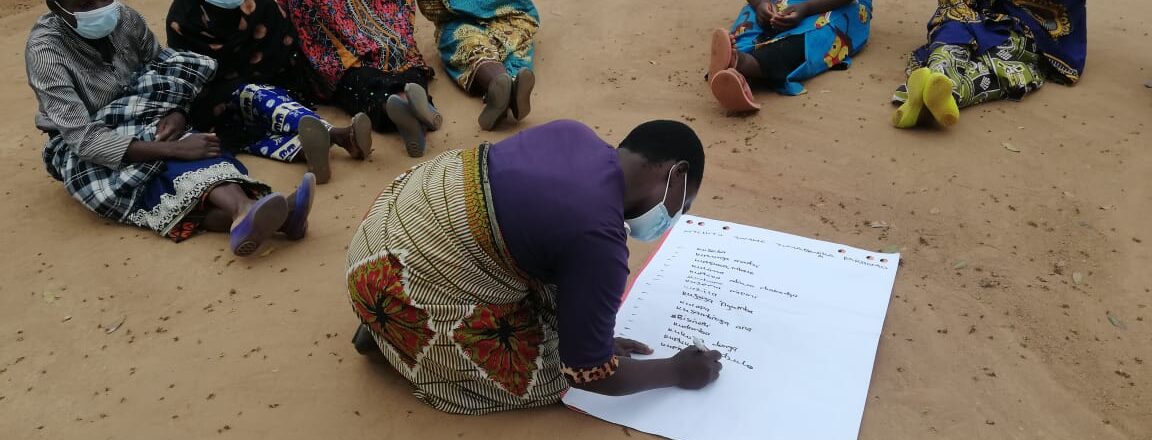Over 70 percent of land in Malawi is administered under customary laws. In 2016 the government enacted a series of land laws, including the Customary Land Act 2016, that allows all customary land holders to formalize ownership through registration of their parcels. Despite this legal framework for rights registration, the formalization of customary land governance arrangements faces significant challenges that may constrain inclusive and gender-responsive customary land administration. As a result, progress on women’s customary land rights has been cumbersome and slow, and women’s tenure insecurity remains high.
With funding from the Women’s Economic Empowerment Fund at the United States Agency for International Development (USAID), the Integrated Land and Resource Governance (ILRG) program is working with the Land Reform Implementation Unit at the Ministry of Lands and Urban Development to support gender-responsive customary land registration in the Traditional Land Management Area (TLMA) Mwansambo in Nkhotakota District, which is predominantly rural and farming dependent. ILRG will provide technical assistance to the district-level land registry and clerks; promote the inclusion of women and youth in the land documentation process; engage key stakeholders to shift gender norms around women’s land rights; and convene dialogues with national and international stakeholders to discuss lessons learned and build positive momentum.
To better understand the barriers and opportunities for gender-responsive and socially inclusive customary land registration and inform program implementation, a gender assessment was carried out in September and October 2021. The study design, data collection, and data analysis were guided by the five domains framework for gender analysis recommended by USAID ADS 205.1 A literature review was complemented by primary data. Quantitative data was gathered through a semi-structured questionnaire with 447 respondents. Qualitative data was collected through in-depth key informant interviews with 19 stakeholders at national, district, and community levels, as well as 15 focus group discussions and participatory exercises with 180 men, women, young men, and young women from seven communities.
The assessment found that although the legal framework in Malawi provides for gender equality in land rights and equal representation in local governance structures, social and gender norms hinder women’s access, ownership, and control of land and their participation in land governance. Traditional Authority (TA) Mwansambo is a predominantly Chewa matrilineal society but with a predominant patrilocal form of marriage (chitengwa) that tends to restrict women’s lands rights. Customary land is perceived to belong to the clan or family and there is resistance to registering land in the name of women, as it is feared that it could lead to the clan losing that land. Women have limited access to information, restricted physical and social mobility, and a disproportionate share of unpaid household tasks, which constrain their ability to know about and exercise their land rights. Men are considered “heads of household” and make decisions related to land in the household and in local governance. Gender-based violence is prevalent and accepted. These barriers affect certain sub-groups of women even more. In addition to these challenges, the assessment highlighted opportunities to promote gender-responsive customary land registration and to strengthen women’s land rights, making a series of recommendations for ILRG and other government and international stakeholders planning and implementing land programs in TA Mwansambo and other parts of Malawi.


